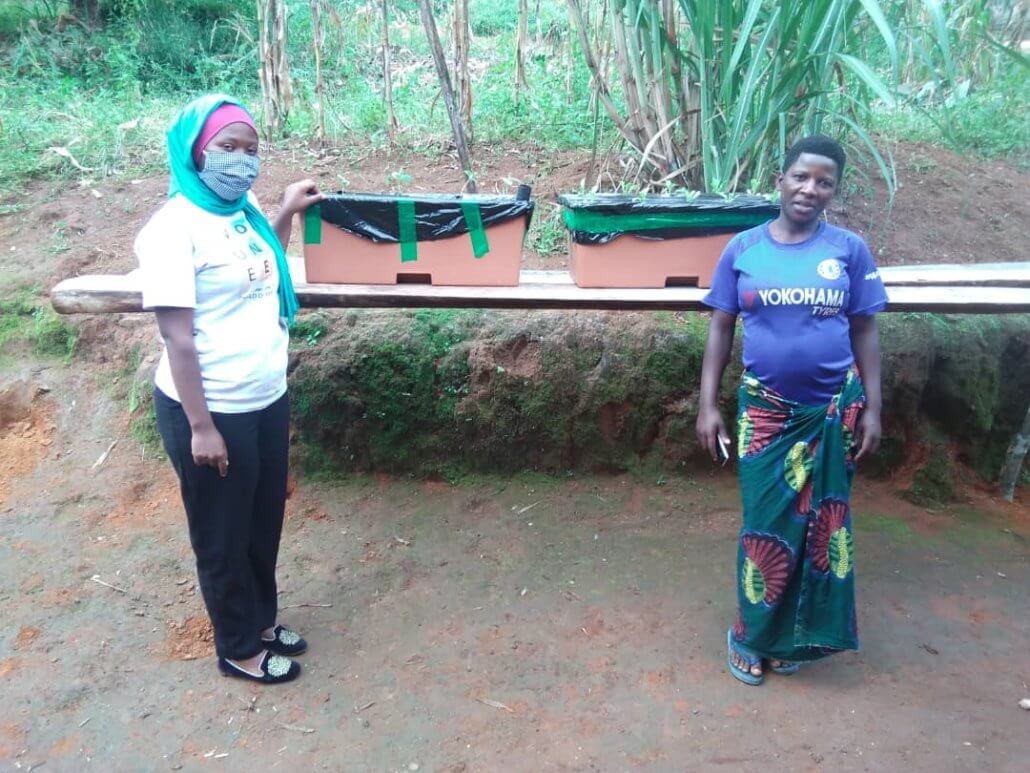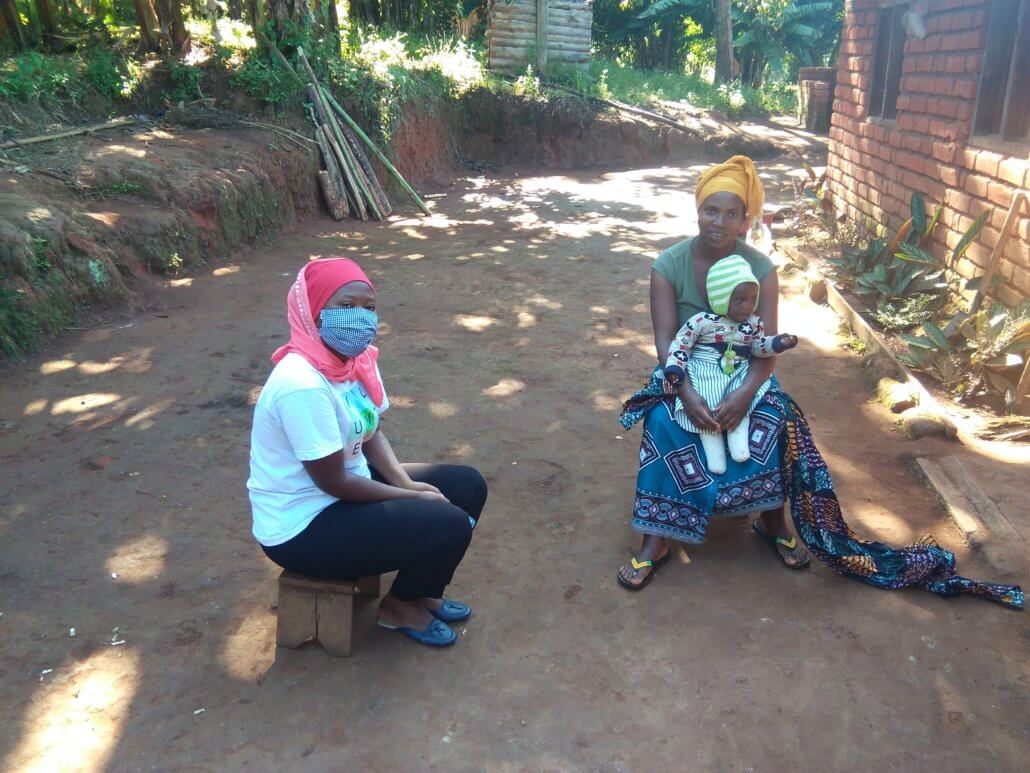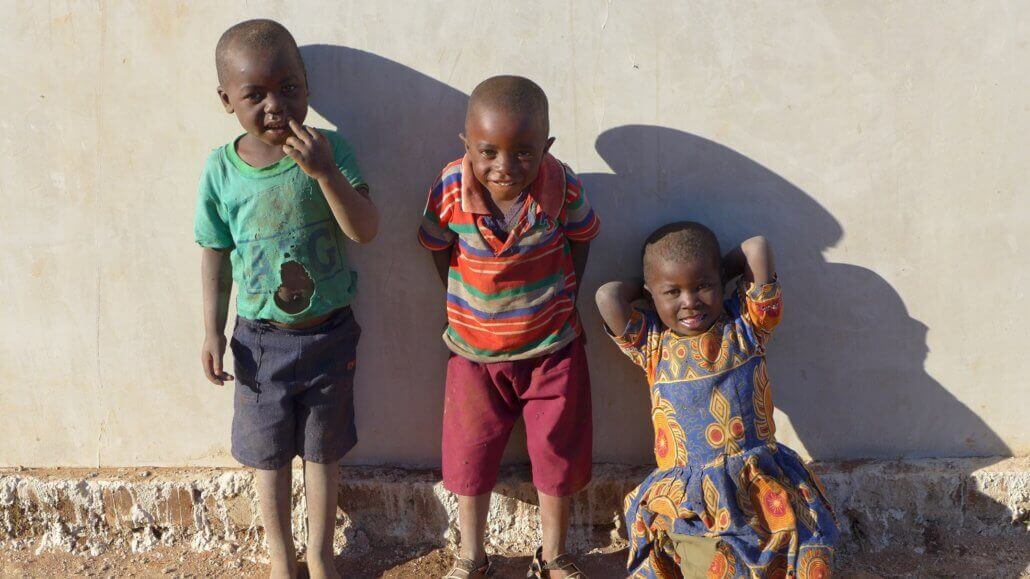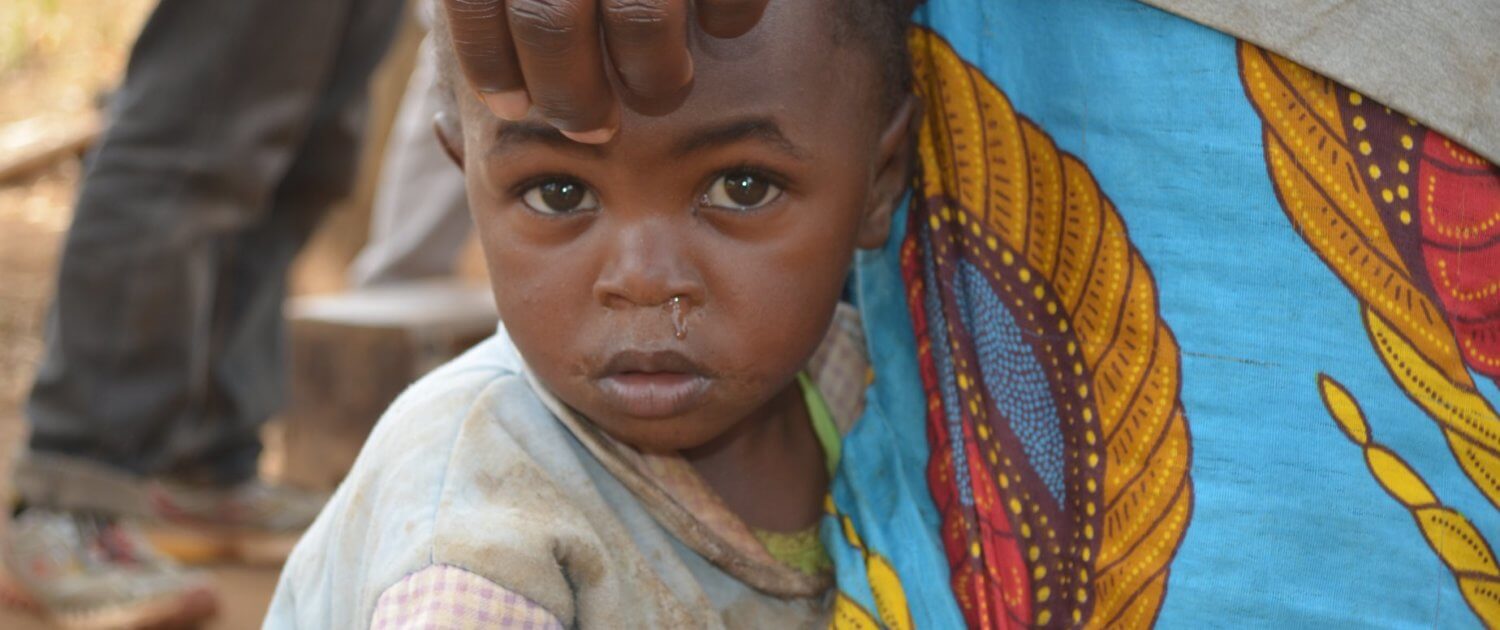Hunger and Poor Nutrition are Secondary Impacts of COVID-19 in Developing Communities
COVID-19 has already cost the lives of more than 700,000 people across the world, with case numbers continuing to rise above 14.4 million (World Health Organization – WHO, 19 July 2020), but the impact of the pandemic isn’t limited to deaths. A new report from United Nations’ World Food Programme (WFP) warns that the hunger crisis is increasing as a result of the pandemic, and the number of people facing acute food insecurity can nearly double this year to 265 million due to the economic fallout of COVID-19.
COVID-19 Impact on Food and Healthcare Accessibility
The global health and economic crisis exacerbates food insecurity as it compromises access and availability to fresh and healthy food supplies.
The estimated income losses resulting from COVID-19 will have a severe effect on at-risk families and children according to the United Nations Development Programme. Those who are hurt the most are day workers, who rely on their daily income to provide food for themselves and their families. When they are unable to work, because of social distancing and a restricted commute, they are unable to put food on their table! The incidence of hunger and malnutrition will increase. All in all, the rising level of unemployment and under-employment, caused by the pandemic, is resulting in a reduced demand that can further weaken the income of producers too. There is also a concern for the food security of children who rely on school feeding programs for minimal nutrition.

Global Volunteers provides high-yield, efficient container gardens so families have essential micro-nutrients. 
RCP caregivers ensure families have the appropriate education and resources to produce healthy meals.
In many cases, people in food crises also have higher rates of underlying health conditions, including non-communicable diseases, which weaken the immune system and ability to fight off bacteria and viruses.
This is where Global Volunteers is filling in the gaps by providing fortified meals to mothers and children in their homes, and to students at schools in RCP communities in Tanzania.
“This pandemic is a health crisis. But not just a health crisis. For vast swathes of the globe, the pandemic will leave deep, deep scars. Without support from the international community, we risk a massive reversal of gains made over the last two decades, and an entire generation lost, if not in lives then in rights, opportunities and dignity.”
Achim Steiner, Administrator of the United Nations Development Programme (UNDP)
The challenges arising from food and healthcare inaccessibility are therefore likely to increase malnutrition rates particularly among infants, children, and pregnant women in low-income countries, and the effects are likely to be deeper, and longer lasting. To help prevent this calamity, the RCP Program provides EarthBox container gardens to supply micro-nutrients to participating families, as well as home visits by caregivers to reinforce parent education workshops that teach proper health, nutrition and child development practices.

“COVID-19 is potentially catastrophic for millions who are already hanging by a thread.”
Arif Husain, Chief Economist and Director of Research, Assessment and Monitoring at the World Food Programme (WFP).
Restrictions in movement and trade enforced as a countermeasure to the virus spread can delay food deliveries in small villages around the world. Coupled with a decreased labor force, the continued pandemic is likely to limit crop and livestock production, and drive food prices up. In addition, countries that are solely dependent on imported goods are seeing even greater impacts.

Experts agree, the pandemic has brought to the surface the inefficiencies of our global food system, leaving millions in precarious conditions. With limited or no capacity to cope with either the health or the indirect impacts of COVID-19, people in food crises must receive food and nutrition assistance. Since the beginning of 2020, governments, NGOs and individuals have taken extraordinary measures to limit the spread of COVID-19. Now is also the time for the global community to come together, show the intention to drive hunger to zero, and protect the lives and livelihoods from the indirect impacts of the pandemic.
Read More About Global Volunteers’ Response to COVID-19 in the Ukwega Ward:




Leave a Reply
Want to join the discussion?Feel free to contribute!